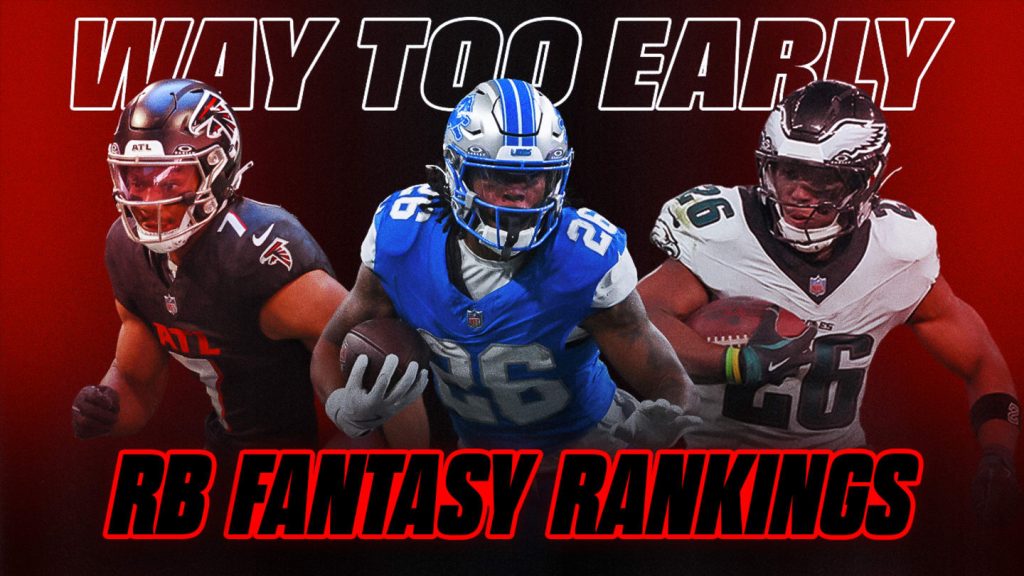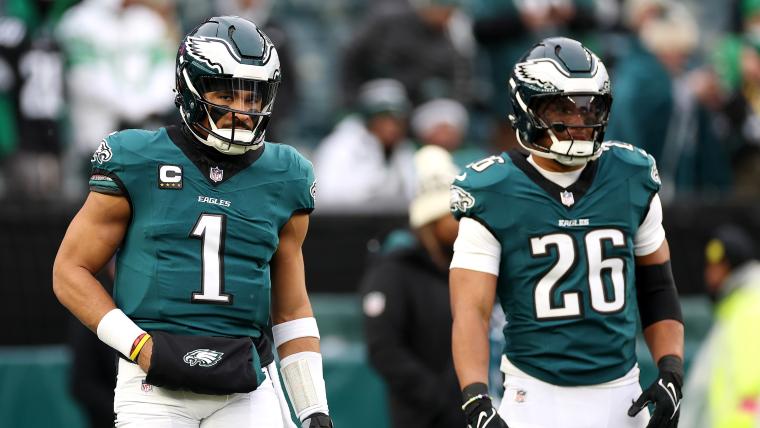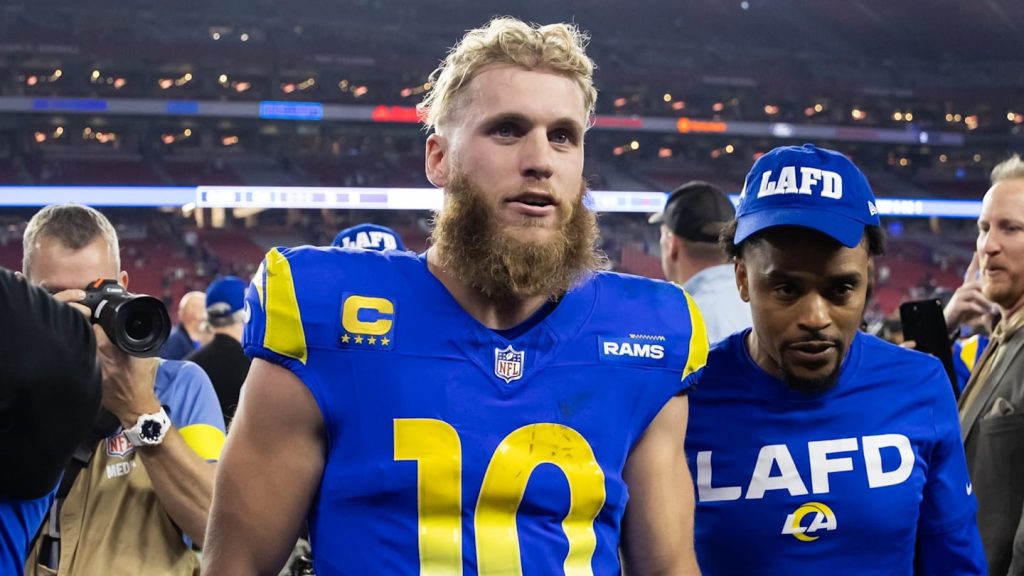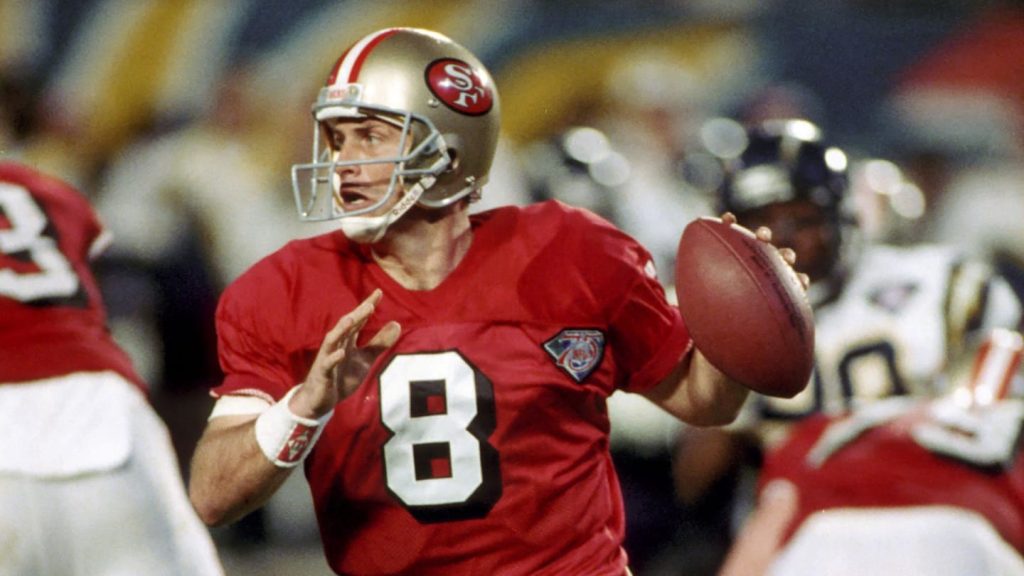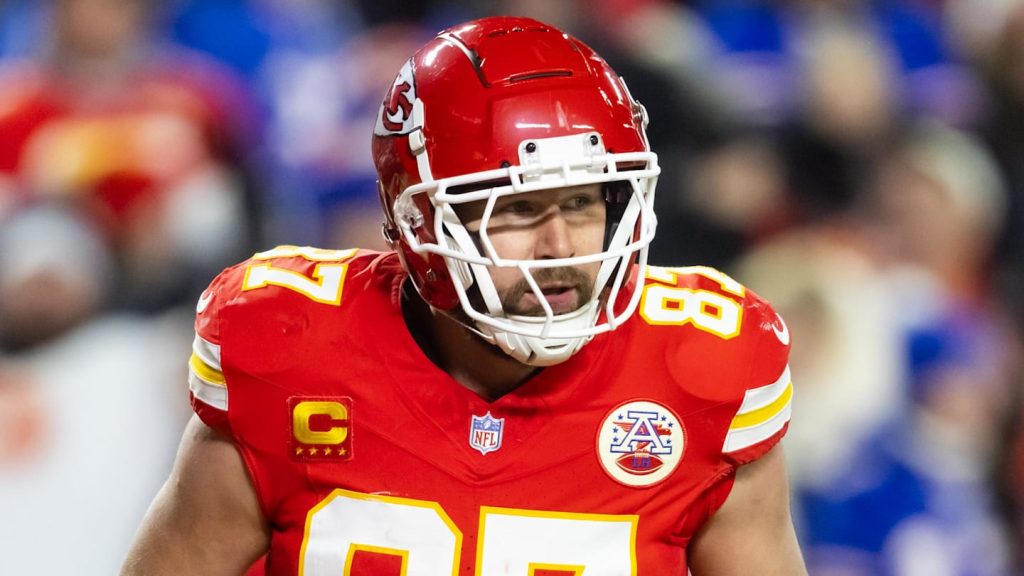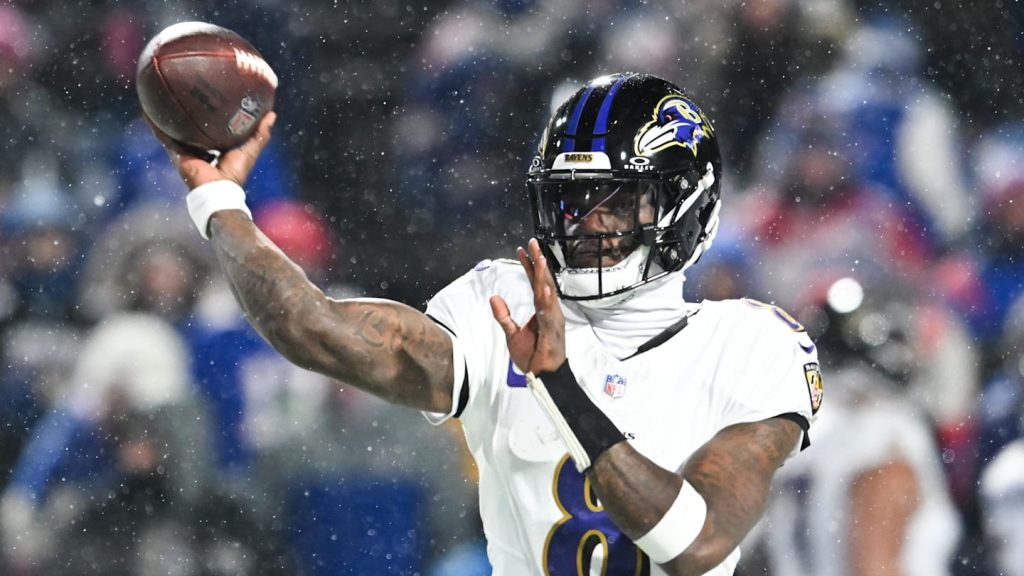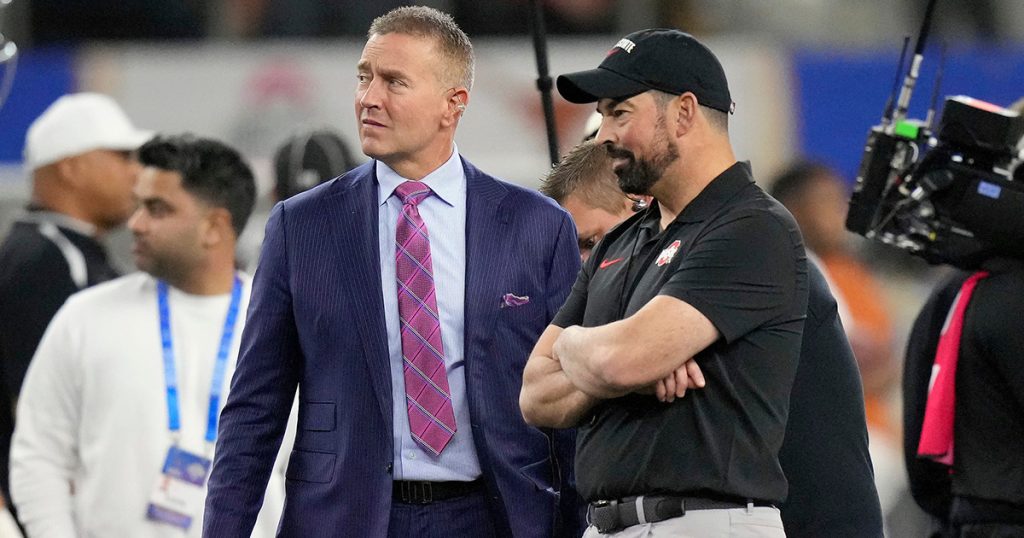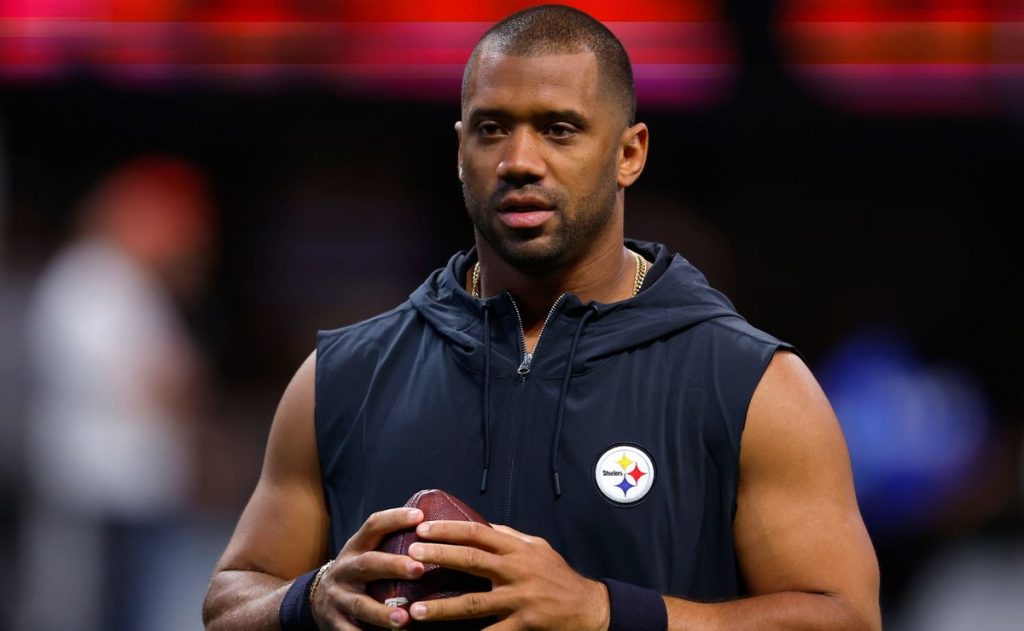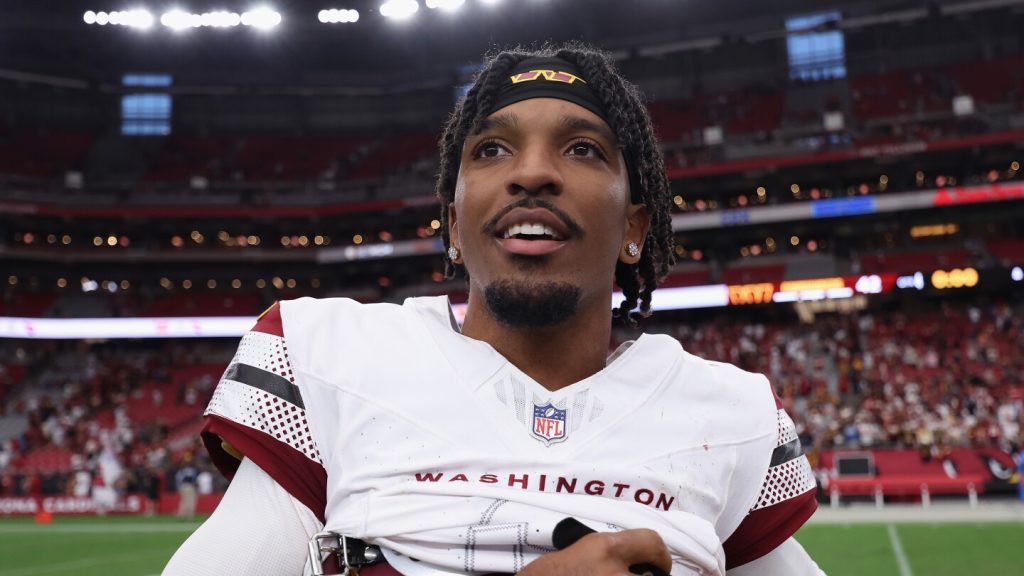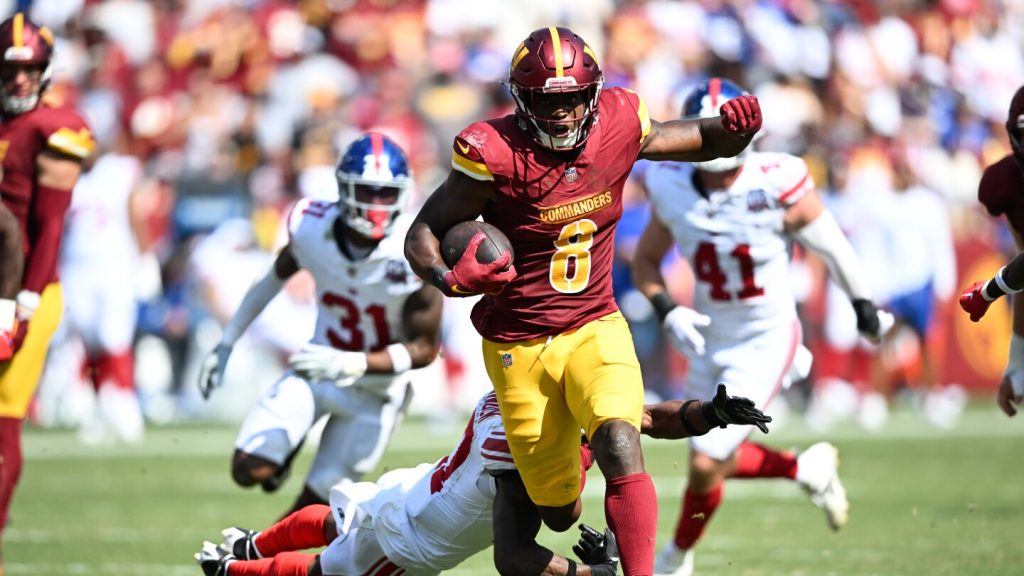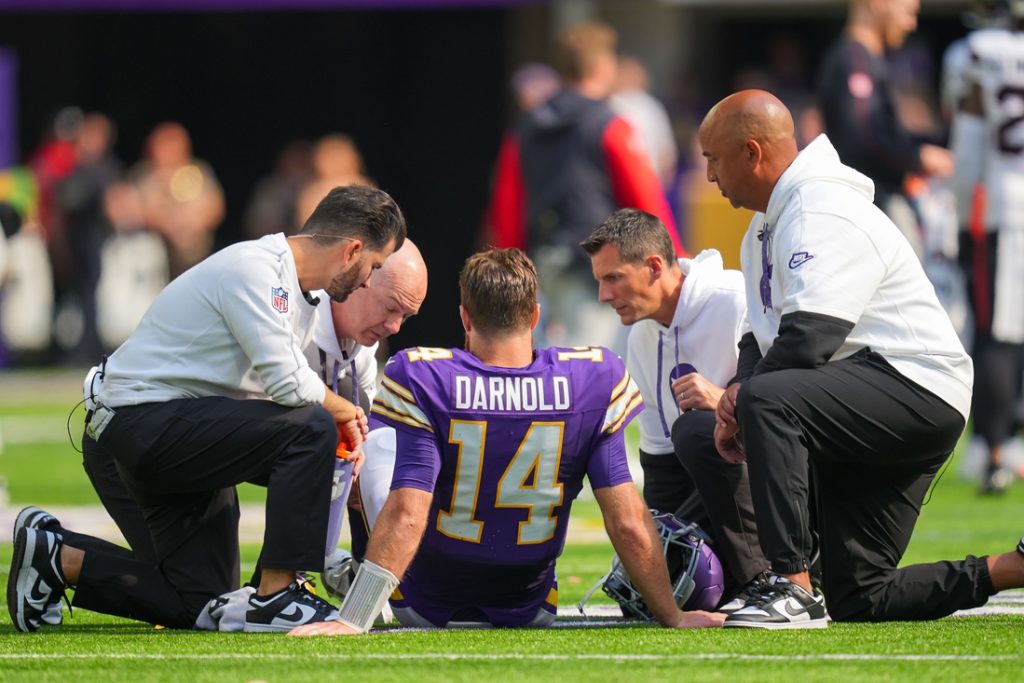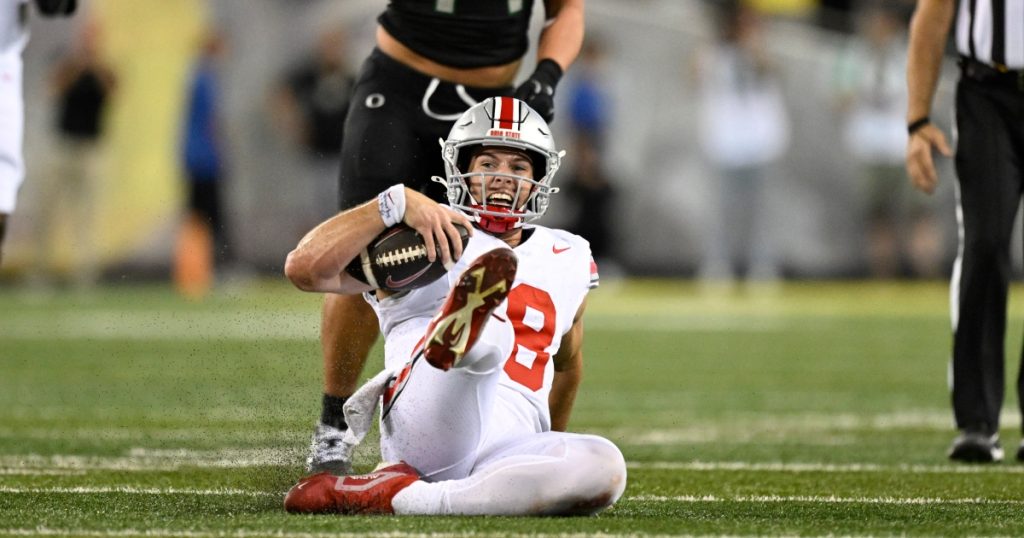If you’re like me, you love fantasy football. The non-stop trash talk, the weekly challenges of making add/drops and setting a lineup, the excitement of making a blockbuster trade, the thrill of victory and the agony of defeat. Well, it appears that we’re going to get more of these “feels” in the very near future.
In a recent interview with Bloomberg, NFL Commissioner Roger Goodell stated that moving to a schedule with two preseason games and 18 regular-season games “is a logical step.” While it’s uncertain when this change will take place, I can assure you that this “logical step” is absolutely going to be a reality.
What This Means for Fantasy Football
This should make fantasy fans excited, right? More football means more fantasy football! While that’s true, more football could also mean more headaches and more reasons for some casual fantasy players to decide that fantasy football isn’t as much fun anymore.
In fact, there are several reasons that adding another game could be detrimental, both for the NFL and, more importantly, for our purposes, fantasy football. The potential for players to have slow statistical starts would be bad for the NFL in terms of the product that’s put on the field, but also for our fantasy football players and teams.
We all hate the NFL preseason. Trust me, I get it. It’s somewhat boring. But shrinking it to just two games could have a negative effect on the quality of play in the first month of the season, especially among teams with new coaches, coordinators, and personnel.
In 2024, when each team played three preseason games, the first four weeks of the regular season weren’t always great. Teams combined to average 21.6 points and 322.7 offensive yards per game. Teams allowed, on average, 10.3 sacks of their quarterbacks, and offenses were penalized an average of 55.3 yards.
In the next four weeks, however, teams combined to average nearly 24 points and 350 yards of offense per game. Teams allowed, on average, 8.4 sacks of their quarterbacks, and offenses were penalized an average of 48.9 times. In terms of fantasy points, quarterbacks averaged 15.2 points in the first four weeks. That total increased to 17.1 points in the next four weeks. Running backs and wide receivers saw smaller increases, but increases nonetheless. Tight ends went from 9.5 fantasy points scored per game in the first four weeks to nearly 14 points per game in Weeks 5-8.
Injury Concerns and Fantasy Implications
Pro football is a dangerous game. One of my former player friends likened it to getting into a car accident on every play. As a result, injuries are going to happen. But when we add that 18th regular-season game, it opens up more opportunities for injuries to occur. I don’t know about you, but we saw enough injuries this past season to make fantasy fans weep.
The list of fantasy superstars who went down was lengthy, starting with the top overall pick in 2024 drafts, Christian McCaffrey. He barely played, and when he did get on the field, his numbers weren’t great. Managers also lost Breece Hall, Alvin Kamara, Isiah Pacheco, Kenneth Walker III, and David Montgomery (among other running backs).
The position that took the biggest injury hit was, surprisingly, the wide receivers. The list is extensive and full of stars who missed time, including CeeDee Lamb, Rashee Rice, Puka Nacua, Tee Higgins, Chris Olave, Chris Godwin, Cooper Kupp, George Pickens, Stefon Diggs, DeVonta Smith, Brandon Aiyuk, and Christian Kirk (to name a few). Again, more games mean more snaps, routes run, and ultimately, more hits and injuries.
Quarterback and tight end didn’t escape the injury bug either, as we saw the likes of Jalen Hurts, Dak Prescott, Tua Tagovailoa, Jordan Love, David Njoku, Evan Engram, Taysom Hill, Jake Ferguson, and Dallas Goedert miss short or extended periods of playing time.
The bottom line here is that adding that 18th game will increase injuries and make life a bit tougher for fantasy fans. If nothing else, this will be a good time for league commissioners to increase rosters and add injured reserve spots to help managers deal with injury woes.
Coaching Strategies and Fantasy Football
With one more game being played, head coaches could decide to give players (especially older ones) lighter workloads during the season. This could be problematic, especially in backfields around the NFL. We could see even more backfield committees emerge (as if we need any more). There will be exceptions, like Derrick Henry or Saquon Barkley, but there will be more teams using a two-back system, making lineup decisions a bit harder.
Also, coaches might be quicker to pull their star players in blowouts. If the Ravens are way ahead in the fourth quarter of a Week 9 game against the Browns, for example, can you think of a reason why coach John Harbaugh wouldn’t sit Henry down for load management purposes? It doesn’t have to be only running backs, either. Knowing that Tua Tagovailoa has a history of concussions, Dolphins coach Mike McDaniel could sit him down late in games that are out of reach for the opponent. Tagovailoa hasn’t played in more than 13 games in all but one of his five NFL seasons, so why risk him if you can take him out of harm’s way knowing there’s now an 18th game on the schedule?
The NFL’s current Collective Bargaining Agreement with the NFLPA doesn’t end until 2031, so this whole topic could be moot for another six years. However, there have been reports that the league could push to negotiate an 18-game slate before the CBA expires. I’m sure that would mean considerable concessions on the league’s side, but at the end of the day, if it means more money in their pockets (and it does), why would each side wait?
No matter when it happens, whether it’s next year or six years from now, times they are changing, friends. So it’s a good idea to prepare now for the next era of fantasy football.











